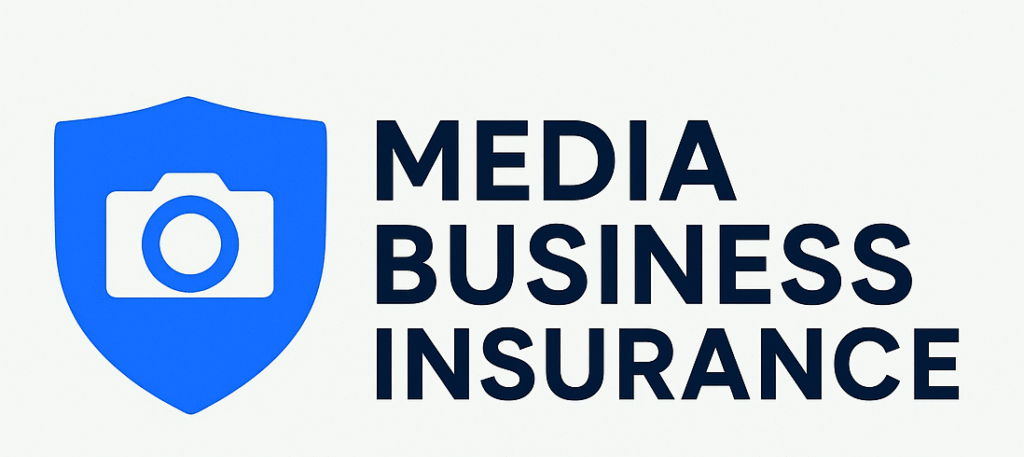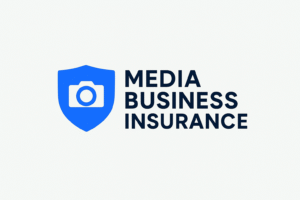Social Media Mistakes That Could Lead to Lawsuits – A Guide for Media Business Insurance Clients
In today’s digital world, social media has become a powerful tool for business marketing, customer engagement, and brand building. However, it also comes with risks, especially when businesses or individuals fail to understand the legal implications of their posts. Social media mistakes can not only damage your reputation but also lead to costly lawsuits. For businesses in the media industry, understanding how to navigate these risks is essential to avoid potential legal issues.
In this blog post, we will explore common social media mistakes that could result in lawsuits and how your media business can protect itself with the right insurance.
1. Defamation and Libel
One of the most serious social media mistakes that can lead to lawsuits is defamation, especially when it’s posted by a company or its employees. Defamation is when false statements are made about an individual or organization that damage their reputation. If a business posts or shares content that falsely accuses someone of illegal activity, dishonesty, or misconduct, it could be sued for defamation or libel (written defamation).
How to Avoid:
-
Ensure all content posted is factual and verified.
-
Avoid spreading rumors or false information.
-
Provide clear disclaimers on opinion-based posts, especially when discussing other businesses or individuals.
2. Invasion of Privacy
Social media platforms make it easy for users to share personal details, but businesses must be cautious when handling personal information. Posting personal data about an individual without their consent, such as photos, contact details, or private experiences, can result in lawsuits for invasion of privacy.
How to Avoid:
-
Always get written consent before sharing someone’s private details or images.
-
Be cautious when posting customer testimonials or reviews, especially if they contain sensitive information.
-
Respect privacy laws, including the General Data Protection Regulation (GDPR) for businesses operating in the EU.
3. Intellectual Property Violations
Using someone else’s content without permission is a common mistake that can result in a copyright or trademark infringement lawsuit. This includes using copyrighted images, videos, or music without proper licensing. It also applies to using logos or brand names that may infringe on another company’s trademark.
How to Avoid:
-
Always ensure that the content you use is either created by your business, licensed, or falls under fair use.
-
Invest in a content library or use royalty-free content where necessary.
-
Seek legal advice to ensure your social media posts do not infringe on intellectual property rights.
4. Harassment or Bullying
Businesses must maintain a respectful tone in their social media interactions. Harassment or bullying, whether towards customers, competitors, or employees, can lead to lawsuits under harassment laws, especially if it creates a hostile environment.
How to Avoid:
-
Set clear social media policies and guidelines for employees.
-
Train your team to handle customer complaints and interactions with respect.
-
Respond professionally to any negative feedback or online criticism.
5. False Advertising and Deceptive Practices
Many businesses use social media to advertise their products and services. However, making false claims about a product’s capabilities, quality, or results can result in a lawsuit for false advertising. Consumers may feel misled if a product doesn’t live up to the claims made in the post or advertisement.
How to Avoid:
-
Make sure all advertising claims are truthful and can be backed up by evidence.
-
Be transparent about your products or services.
-
Follow the advertising guidelines set forth by regulatory bodies, such as the Federal Trade Commission (FTC).
6. Failure to Disclose Sponsorships and Endorsements
If you’re promoting products or services on social media, it’s crucial to disclose any paid partnerships or sponsorships. Failure to do so can violate advertising standards and result in penalties or lawsuits.
How to Avoid:
-
Always use hashtags like #Ad or #Sponsored to disclose paid partnerships.
-
Follow the guidelines set by the FTC for influencers and marketers.
-
Ensure all social media content complies with advertising regulations.
7. Employee Misconduct
Sometimes, employees may post content on their personal social media accounts that can negatively impact the business. This includes inappropriate comments, sharing confidential information, or posting offensive content that reflects poorly on the company.
How to Avoid:
-
Create a clear social media policy for employees to follow.
-
Educate employees about the potential risks of their online actions.
-
Monitor the company’s reputation online and address any issues promptly.
How Media Business Insurance Can Help
Understanding and managing the risks associated with social media is crucial for businesses in the media sector. One of the best ways to protect your business from lawsuits related to social media mistakes is by investing in media business insurance. This type of insurance can cover you for various legal issues arising from online activities, including defamation, intellectual property infringement, and more.
Key Insurance Types for Social Media Protection:
-
Professional Liability Insurance: Covers claims related to professional errors, including social media marketing mistakes.
-
Cyber Liability Insurance: Protects businesses from data breaches and online risks, including privacy violations.
-
General Liability Insurance: Provides protection against claims for defamation, personal injury, and other similar issues.
FAQs on Social Media Mistakes That Could Lead to Lawsuits
Q1: Can a business be sued for a post made by an employee on their personal account? Yes, if the employee’s post is linked to the business or reflects poorly on it, the company could be held responsible.
Q2: How can I protect my business from social media lawsuits? Ensure your business has a clear social media policy, always obtain permissions for content, and invest in relevant business insurance.
Q3: Is it necessary to consult a lawyer for social media posts? If your business handles sensitive or legal content, consulting a lawyer is highly recommended to avoid any potential issues.
Q4: What should I do if my business is sued for a social media mistake? Contact your insurance provider immediately. Having media business insurance will help mitigate the financial impact of the lawsuit.
Conclusion
Social media is an invaluable tool for businesses, but it’s essential to be aware of the legal risks associated with online activity. Mistakes such as defamation, privacy violations, and false advertising can lead to lawsuits that may harm your reputation and finances. Protect your business with the right insurance and by following best practices in social media management.
By being proactive and cautious, you can enjoy the benefits of social media marketing without putting your business at risk.


